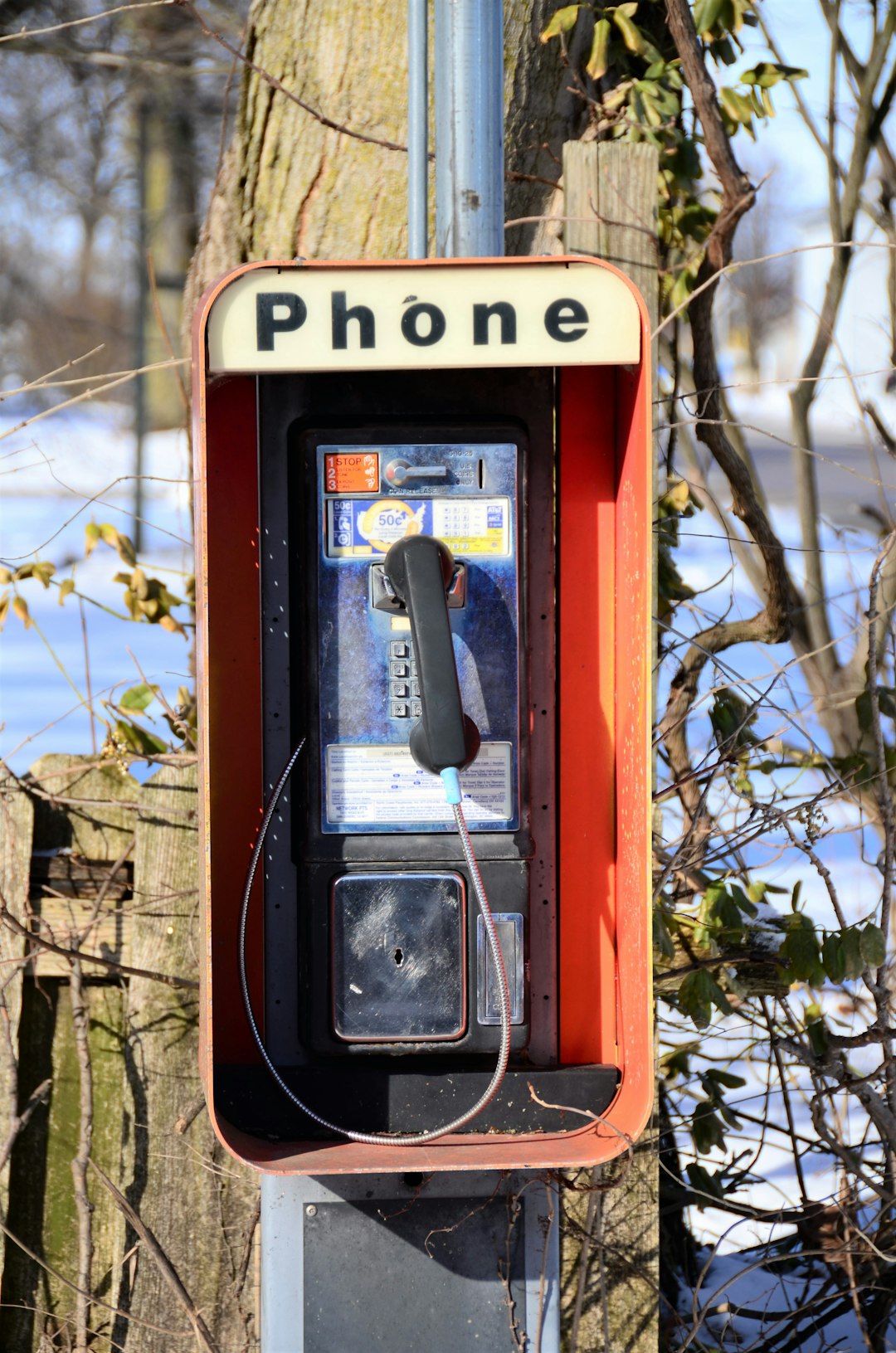Spam calls have become a significant problem in York, Maine, prompting residents to seek solutions. The Telephone Consumer Protection Act (TCPA) safeguards against automated or prerecorded calls without prior consent. Residents can use apps, register on the National Do Not Call Registry, and consult specialized spam call law firms or lawyers in Maine for legal action. These professionals guide them through TCPA regulations to stop unwanted calls and protect privacy. Key terms include How to Stop Spam Calls Maine, Spam Call Law Firm Maine, and Lawyer for TCPA Maine.
In York, Maine, residents are increasingly dealing with a pervasive issue: spam calls. These unwanted phone communications disrupt daily life and can be a genuine concern for many. This article delves into the scope of the problem, exploring how local news highlights rising spam call volumes. We navigate the legal landscape, including Maine’s anti-spam laws and TCPA regulations, to empower citizens. Learn effective strategies to combat spam calls and discover the vital role a specialized spam call lawyer plays in Maine. Find resources for next steps if you’re facing persistent intrusions.
Understanding the Scope of Spam Calls in York, Maine

Spam calls have become a persistent issue in York, Maine, affecting residents across the state. These unwanted phone calls, often related to telemarketing or solicitation, are not only annoying but can also be a violation of personal privacy. With the rise of automated call systems and robocalls, the problem has intensified, prompting many York residents to seek solutions for how to stop spam calls Maine.
In response to this growing concern, many individuals and law firms are turning to legal avenues. A Spam Call Law Firm Maine or experienced lawyer specializing in TCPA (Telecommunications Consumer Protection Act) laws can offer guidance on combating these incessant calls. Understanding the scope of the problem involves recognizing that it’s not just a nuisance; it’s a violation of consumer rights, and there are legal protections in place to address it.
The Legal Landscape: Anti-Spam Laws and TCPA in Maine

In Maine, the legal framework surrounding spam calls is governed by the Telephone Consumer Protection Act (TCPA), a federal law designed to curb unsolicited phone marketing. The TCPA prohibits businesses from making automated or prerecorded calls to consumers without prior express consent. Violations can result in significant financial penalties for both individuals and companies.
To protect yourself from spam calls, Maine residents have several options. Engaging the services of a spam call law firm or hiring lawyers specialized in TCPA cases is one effective approach. These legal professionals can guide you on how to stop spam calls by helping you understand your rights, navigating the legal landscape, and taking appropriate action against persistent spammers. Additionally, utilizing do-not-call lists and blocking numbers through your phone service provider are practical steps toward a quieter, less intrusive communication environment.
Strategies to Combat and Block Spam Calls Effectively

To effectively combat and block spam calls, residents of York should explore several strategies. First, consider using a reputable spam call blocker app that filters out unwanted numbers. Many such apps are available for both iOS and Android devices, offering robust protection against spam calls. Additionally, registering your number with the National Do Not Call Registry can significantly reduce the volume of spam calls you receive.
Further, staying informed about local and state laws, such as Maine’s anti-spam call regulations, is crucial. If you suspect a violation of these laws by persistent or harassing spam callers, consulting a spam call law firm or lawyer specializing in TCPA (Telecommunications Consumer Protection Act) cases in Maine can provide legal recourse. These professionals can guide you on the best course of action to protect your privacy and stop unwanted calls.
Role of a Spam Call Lawyer in Maine: Who to Consult?

In the face of escalating spam calls, many residents of Maine are turning to legal experts for guidance and recourse. A Spam Call Lawyer in Maine plays a pivotal role in navigating the complex landscape of telecommunications law, particularly concerning the Telephone Consumer Protection Act (TCPA). This federal legislation prohibits unsolicited telephone marketing calls, including robocalls, to residential phone lines and facsimiles.
When dealing with persistent or abusive spam calls, consulting a Spam Call Law Firm or Spam Call Lawyer Maine is a strategic step towards reclaiming control. These legal professionals are equipped to advise on how to stop spam calls Maine effectively, offering tailored solutions and representation under the TCPA. Their expertise ensures that victims of unsolicited calls understand their rights and available actions, from sending cease-and-desist letters to initiating legal proceedings against perpetrators.
Resources and Next Steps for Residents Facing Persistent Spam Calls

For York residents dealing with persistent spam calls, there are several resources and actions available to reclaim their peace of mind. The first step is to understand that many states, including Maine, have implemented strict regulations against unwanted telemarketing calls, commonly known as the Telephone Consumer Protection Act (TCPA). Residents can file complaints with the Federal Communications Commission (FCC) or contact a local spam call law firm in Maine for assistance. These firms, often led by experienced spam call lawyers, specialize in helping individuals navigate TCPA-related issues and seek compensation if warranted.
Additionally, there are practical measures residents can take to reduce spam calls. Installing approved call-blocking apps or hardware filters specifically designed to block spam is highly effective. Many of these tools learn to recognize and automatically block known spammer numbers. Residents should also review their privacy settings on devices and accounts, ensuring they are not inadvertently sharing personal information that could lead to increased spamming. By combining legal action and technological solutions, York residents can actively combat the nuisance of spam calls.






